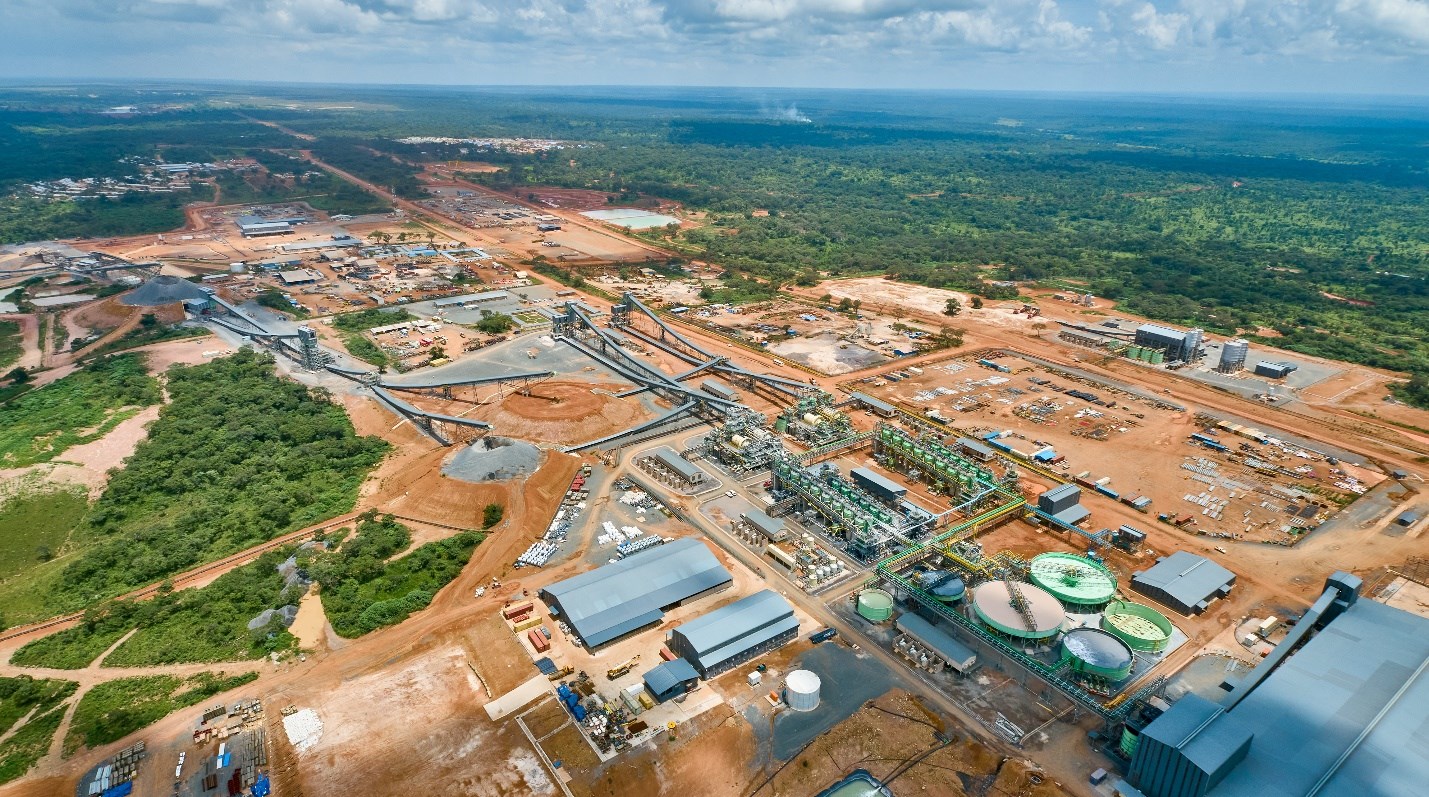On Trinity’s website it describes how, “The Provost’s Council brings together a network of leading international Trinity alumni and supporters who will act as advisors to the College. Council members are based in Ireland, UK, France, Germany, US, Middle East and Asia. Their business interests include finance, manufacturing, retail, investment, property, law, film, and new ventures”.
One of the people who sits on the Provost’s council is John Macken. John Macken’s biography on the website describes him as having “held the positions of President, CEO and Director of Ivanhoe Mines Ltd (Turquoise Hill Resources) during his tenure between 2003 and 2012”.
Though Macken has since left Ivanhoe Mines, in a 2015 Amnesty International published a report into alleged abuses and law-breaking taking place at a mine that Ivanhoe had interests in, called, Myanmar: Open for Business? Corporate crime and abuses at Myanmar copper mine. The report found that Ivanhoe had, “profited from and in some cases colluded with the Myanmar authorities in serious human rights abuses and illegal activity around the Monywa copper mine complex”. Some of the allegations made by the report pertain to the time that Macken was in the positions of President, CEO and Director of Ivanhoe. However the report does not directly name John Macken, though it does refer to a number of directors of Ivanhoe Mines that it does not directly name.
The report details allegations of how in 2007 Ivanhoe may have breached international economic sanctions agreed by a number of countries placed on Burmese high ranking officials, government departments and a number of Burmese businesses for alleged human rights abuses.
The sanctions that may have been breached involve a joint venture that Ivanhoe mines entered into with a Myanmar government owned enterprise in 1978. The joint venture was to develop the copper deposits at Monywa which is a city in central Myanmar. In 2010 Ivanhoe Mine’s fifty percent interest in the Monywa project was taken over by the military company the Union of Myanmar Economic Holdings Ltd. (UMEHL), a union of conglomerates run by the Burmese Military, and the Chinese state owned enterprise, China North Industries Corporation (NORINCO). Amnesty also alleged that “the process by which the Monywa project was transferred to UMEHL and NORINCO has never been publicly disclosed”.
Amnesty alleged that Ivanhoe Mines had prepared for this sale by divesting its interest in the Monywa project in 2006 by establishing the Monywa Trust, described by Amnesty as an “independent third party trust”, to which Ivanhoe mines transferred its interest in the Monywa project along with other Myanmar assets. In response to Amnesty, Ivanhoe Mines stated that the purpose of the Trust was “to facilitate the future sale of the Myanmar assets and to ensure that the process did not involve a breach of economic sanctions relating to Myanmar”. Searching in multiple jurisdictions for the whereabouts of the Trust, Amnesty believed “the Trust was registered in the British Virgin Islands, a British Overseas Territory and established secrecy jurisdiction”.
Ivanhoe Mines claimed to Amnesty that it had “no involvement” in the Myanmar joint venture (MICCL) after February 2007. However, Wikileaks published US Embassy cables that revealed “the company remained involved in discussions about the sale of the Myanmar assets in 2008”. Also revealed on the cables was involvement in the negotiations “by a well-known ‘crony’, Tay Za”.
Amnesty also found that the Trust was not an “independent entity”, and that Ivanhoe Mines had set up a protector company in Barbados that had oversight of the Trust. Ivanhoe Mines nominated an employee to sit as a director on the board of the protector company. According to Amnesty, “these facts were not disclosed in Ivanhoe Mines’ public filings before US and Canadian regulatory bodies”. As UK law applies in the British Virgin Islands, Amnesty suggested that “the Trust may have committed an offence”, if they made funds or economic resources available to Tay Za or UMEHL.
In “its oversight of the Trust, and related failure to regulate the Trust’s sale of the 50% stake in MICCL”, Amnesty also argued that “Ivanhoe Mines may also have breached applicable Canadian economic sanctions”.
Amnesty concluded that Ivanhoe Mines “set up a Trust to allow it to dispose its stake in MICCL in a manner which would enable it to evade any public scrutiny and applicable sanctions related to Myanmar”.
As a next step Amnesty called on Canada and the UK to initiate criminal investigations into the issue.
Ivanhoe Mines Ltd. has maintained that contrary to Amnesty’s findings, “In February 2007, an independent, third-party trust acquired Ivanhoe Mines’ (now Turquoise Hill Resources) former 50% interest in the Myanmar Ivanhoe Copper Company Ltd., which owned and operated the Monywa Copper Project. The change of ownership ended Ivanhoe Mines’ business involvement in Myanmar”.
Those who serve on the Provost’s Council may be removed from it at any time by the Provost.
Trinity College Dublin have not provided comment.








